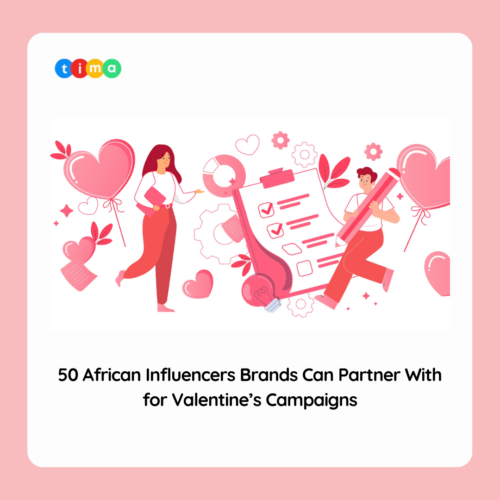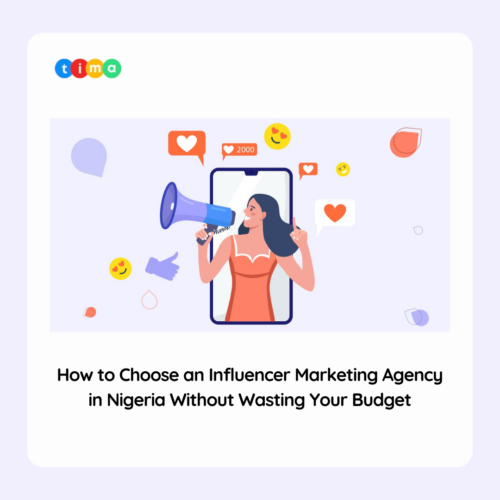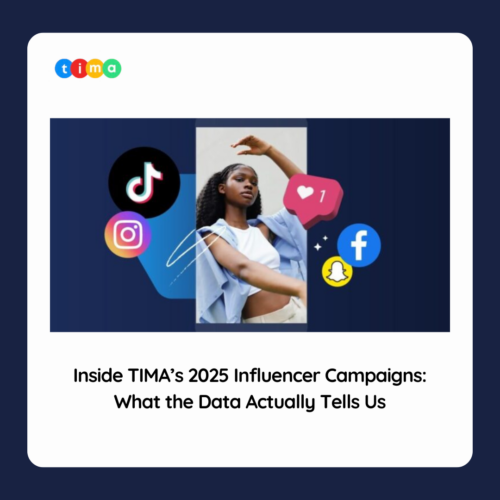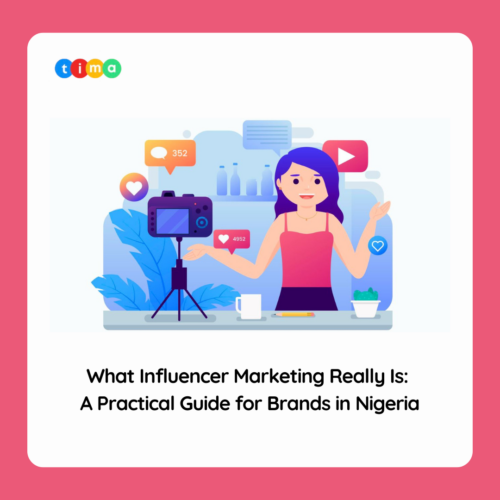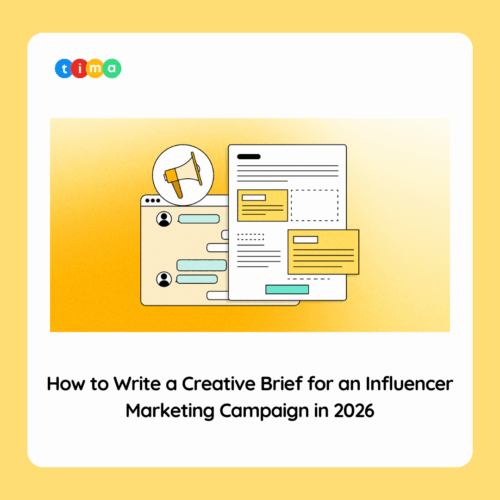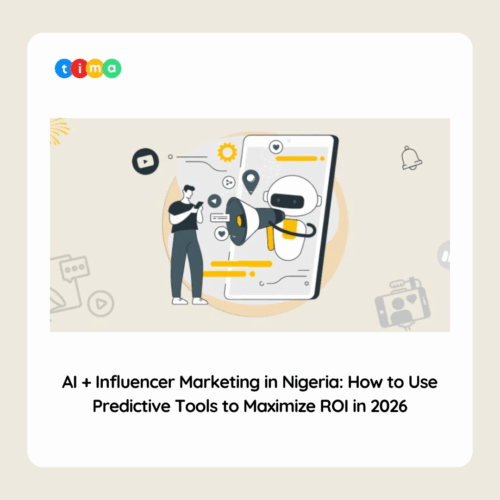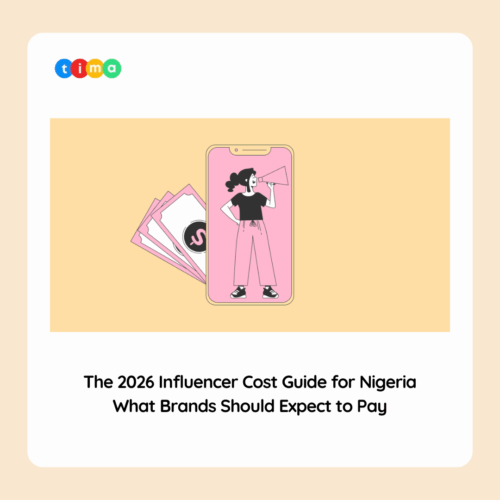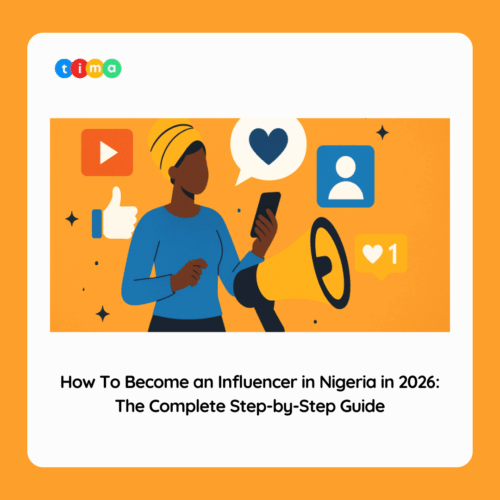Recently, influencer marketing has become an extremely popular tactic for businesses wishing to expand their visibility and certify their legitimacy within both B2C and B2B sectors. Known to be a powerful asset in B2C communication, its potency in the B2B realm, even in Nigeria, has been rising into higher prominence and is hence receiving increasing attention and scrutiny.
What Is B2B Influencer Marketing?
What Is B2B Influencer Marketing?
B2B influencer marketing requires working with prominent figures in your sector or specialized area to advertise your products or services. These influencers tend to be specialists in their respective discipline, reputed for their knowledge, reliability, and the trust they’ve established with their following.
Within the B2B framework, influencer marketing strives to utilize the influence of key individuals in the industry to improve visibility, trustworthiness, and, in the end, produce leads and conversions. It centers on generating valid ties with influencers who can assist in conveying your brand’s mission to a larger target audience. In spite of the fact that influencer marketing is regularly connected with B2C companies, it is progressively important for B2Bs also. If it is carried out strategically, B2B influencer marketing can bring forth considerable returns, just like B2C businesses.
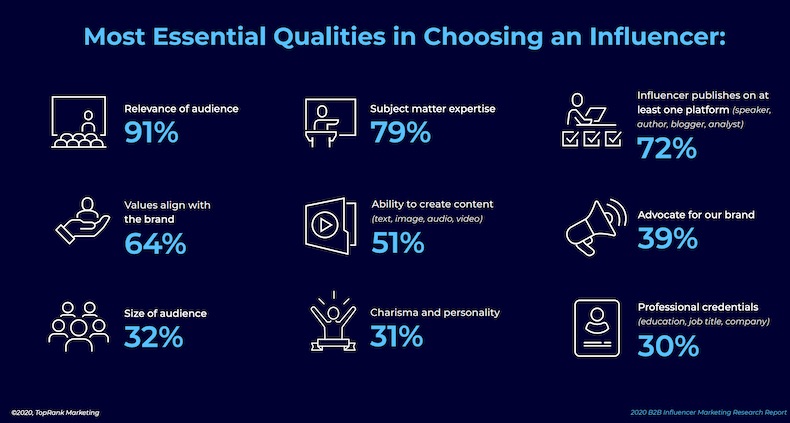
The Role of Influencers in B2B
Influencers in the B2B space play a multifaceted role that goes beyond mere promotion. Here are the key functions they serve:
- Thought Leadership: B2B influencers are often regarded as thought leaders within their industries. Their role is to provide insights, expertise, and guidance to their audience, positioning themselves as authorities in their niche.
- Content Creation: Influencers create high-quality content that resonates with the target B2B audience. They play a crucial role in educating and informing potential clients or partners about industry trends and solutions.
- Brand Advocacy: These influencers become advocates for your brand, vouching for its credibility and trustworthiness within the industry. Their endorsement adds an extra layer of trust for your potential clients.
- Network Expansion: Influencers introduce your brand to their extensive network, expanding your reach and connecting you with potential B2B clients or collaborators. This network effect can be particularly powerful in a country like Nigeria, where personal connections often drive business relationships.

Benefits of Influencer Marketing in B2B
B2B influencer marketing is a potent strategy that facilitates reaching the target audience effectively, elevating brand credibility, and ultimately driving lead generation and sales growthHere are some key benefits:
- Enhanced Brand Visibility and Credibility: B2B influencer marketing empowers businesses to boost their brand’s presence and reputation. By harnessing the authority and trust that influential industry figures command, brands can instill confidence in their offerings among the influencer’s followers, thus elevating their credibility.
- Precision Targeting of Industry Audiences: Partnering with influencers allows businesses to finely target their audience. Influencers often possess a substantial and engaged following within a specific industry or niche. This enables businesses to focus their marketing efforts precisely on those who are most likely to be interested in their products or services.
- Amplified Lead Generation and Sales: Influencer marketing drives tailored traffic to a business’s website through influencer-backed content. This results in increased leads and sales. Influencers, with their ability to create engaging and relevant content, play a pivotal role in helping businesses acquire new clients and bolster revenue streams.
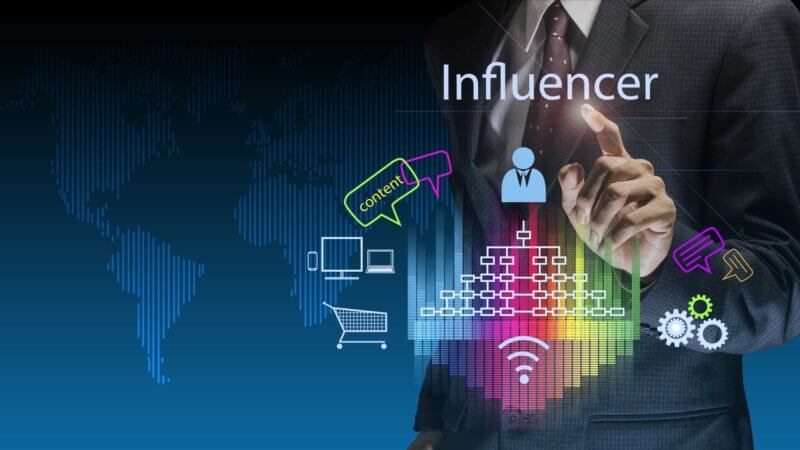
How to Implement B2B Influencer Marketing
Implementing an effective B2B influencer marketing campaign in Nigeria or any other market involves several key steps:
- Identify Your Niche: Start by identifying the specific niche or industry you want to target. Precision is essential in B2B influencer marketing, especially in a diverse market like Nigeria.
- Find the Right Influencers: Thoroughly research and identify influencers within your chosen niche. Look for those whose values align with your brand and who genuinely have an interest in your products or services.
- Connect with Influencers: To streamline and make things easier, think about getting in touch with potential influencers through influencer agencies. In the Nigerian business world, building personal connections is highly important, so investing in building these relationships is crucial.
- Collaborate on Content: Work closely with the influencers to create valuable, industry-specific content. This could include blog posts, webinars, or social media campaigns.
- Amplify the Content: Promote the collaborative content through various channels, including your website, social media platforms, and email marketing. Encourage the influencers to share it within their networks as well, tapping into their audience’s trust.
- Measure and Analyze: Use analytics tools to measure the impact of your influencer marketing campaign. Track key metrics such as engagement, leads generated, and conversion rates. This data will help you refine your strategy for future campaigns.

Is Social Media Marketing Effective for B2B Companies in Nigeria?
Yes, social media marketing can be highly effective for B2B companies in Nigeria when executed strategically. Social media platforms provide a range of opportunities for B2B firms:
- Build Brand Awareness: Social media platforms allow B2B companies to establish and strengthen their brand presence. This showcases their expertise and industry leadership.
- Engage with the Audience: B2B companies can actively engage with their target audience on platforms like LinkedIn, Twitter, and even Instagram. This engagement includes answering questions, providing valuable insights, and fostering relationships.
- Share Valuable Content: Platforms like LinkedIn are ideal for sharing industry-specific content, including thought leadership articles, case studies, and whitepapers. These platforms serve as content distribution channels, enabling B2B companies to reach a wider audience.
- Generate Leads: Social media can be a powerful lead generation tool for B2B companies in Nigeria. By sharing valuable content and strategically targeting prospects, businesses can generate leads and nurture them through the sales funnel.
- Connect with Influencers: Social media provides a platform for B2B companies to connect with local Nigerian industry influencers and experts, potentially leading to collaborations and partnerships that are more tailored to the Nigerian market.
Bottom Line
Influencer marketing has proven to be an effective strategy for B2B companies in Nigeria and globally. It offers a range of benefits, including credibility, extended reach, and the establishment of thought leadership. To succeed in B2B influencer marketing in Nigeria, it’s essential to identify the right influencers, build meaningful relationships, and collaborate effectively. While influencer marketing is not limited to B2B or B2C, its approach should align with the target audience and market dynamics.


